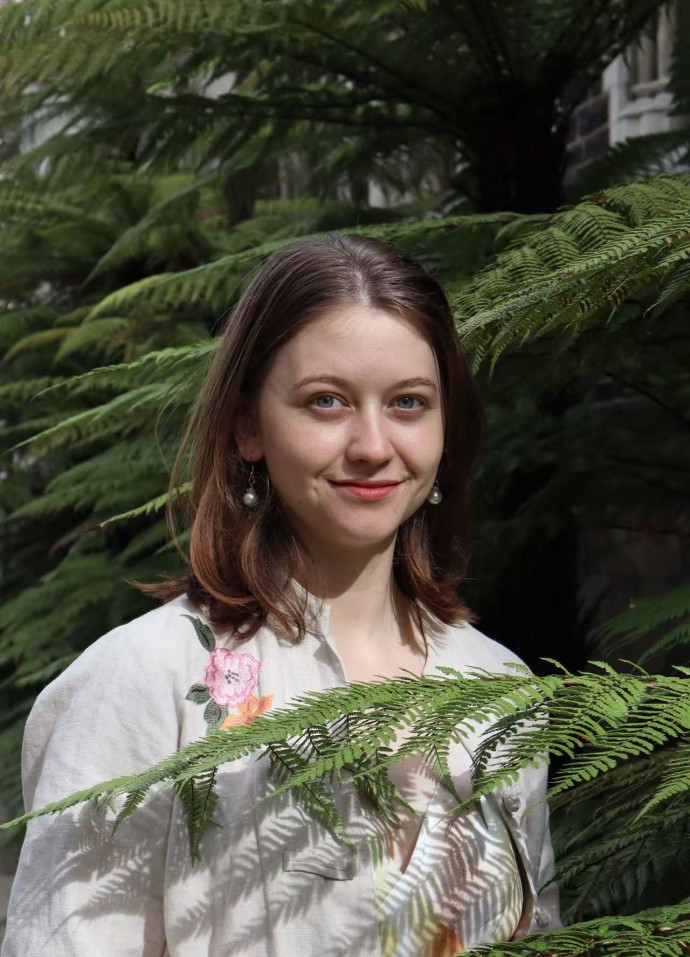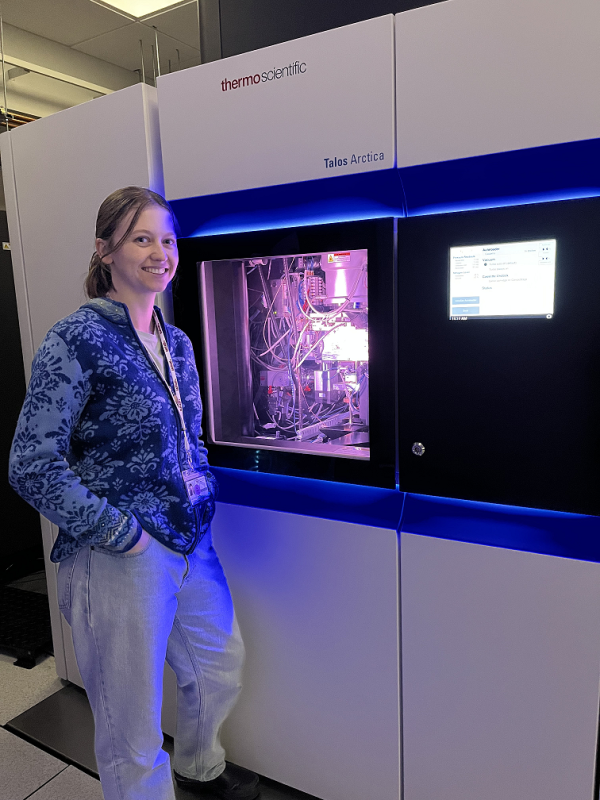Alice-Roza Eruera

2025: Dr Alice-Roza Eruera of Ōtākou Whakaihu Waka – University of Otago will study ancient viruses and their evolution to assess how they might be useful for biotechnology or medicine
Dr Alice-Roza Eruera (Ngāpuhi) will use their New Zealand Mana Tūāpapa Future Leader Fellowship to study the whakapapa ancestry of viruses and examine how their structure and function have adapted over time. Traces of ancient and extinct viruses within permafrost and archaeological specimens can be identified through modern DNA-sequencing techniques. These ancient viruses also have potential applications for biotechnology, including for human medicine.
Viruses have been adapted for use in gene therapy to treat various human diseases. However, a known problem with gene therapy is that it can trigger pre-existing immunity, causing severe and dangerous side effects. Because ancient viruses no longer circulate in modern populations, they are less likely to trigger immune-system defences. Alongside laboratory work to investigate potential uses for this pool of ancient and extinct viruses, Dr Eruera will explore Māori whakaaro perspectives on virus-based biotechnology tools, especially those involving gene therapy.

Dr Alice-Roza Eruera with an electron microscope. Supplied.
